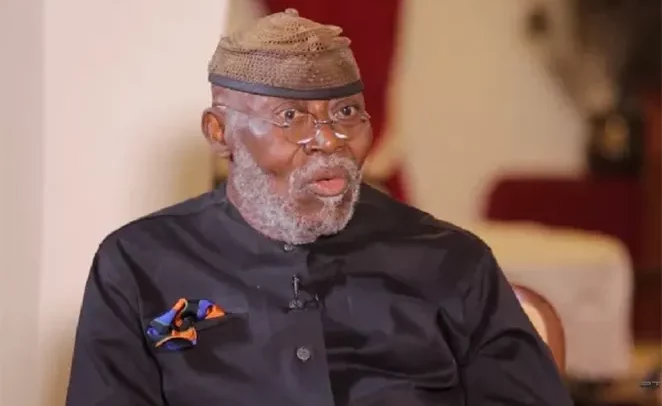The writer
I have observed with deep concern recent intensions by certain religious leaders, especially within the charismatic space, suggesting that President John Dramani Mahama should seek a third term in office under the guise of prophetic revelation. Let me state clearly and unequivocally: this must not happen, and it will not happen.
Such pronouncements are not only misleading and unconstitutional, but dangerously divisive. Ghana is a constitutional democracy. The 1992 Constitution clearly limits a president’s tenure to two terms. This is an entrenched clause, and altering it requires a national referendum—not dreams, visions, or prophetic declarations.
Let no one—pastor, prophet, or preacher—attempt to drag our nation backward through careless proclamations that ignore the rule of law. Ghana is not governed by pulpit proclamations but by the will of the people, enshrined in our Constitution. We cannot and must not allow misguided voices to stoke political instability in the name of spirituality.
We have been here before. In the latter part of the 1970s, a well-known religious figure encouraged then Head of State, General I.K. Acheampong, to propagate the idea of a Union Government (UNIGOV)—a dangerous concept that sought to abolish political parties and entrench his rule under the guise of national unity.
But the Ghanaian people rejected it. Under the oversight of Justice I.K. Abban, then Chairman of the Electoral Commission, a national referendum was held. Though the regime claimed victory, the process lacked transparency and triggered widespread dissent. Acheampong disagreed with the verdict, deepening public frustration and dividing the Armed Forces.
In response, a group of service commanders led by General Fred Akuffo, then Chief of Defence Staff, and supported by Rear Admiral Joy Amedume, Head of the Navy, Air Vice Marshal Yaw Boakye, Head of the Air Force, Major General Odartey-Wellington, Brigade Commander, General R. E. A. Kotei, Commander of the Army, Major General Edward Utuka, Commander of the Border Guards, staged a palace coup in July 1978. Acheampong was removed and replaced by Akuffo, who promised a return to civilian rule.
Later, this led to the June 4, 1979 Revolution by junior officers, spearheaded by Flight Lieutenant Jerry John Rawlings.
This tragic sequence of events began when spiritual figures overstepped their mandate and meddled in matters of governance. Ghana nearly collapsed under the weight of misguided ambition dressed as divine vision.
Let us not repeat that mistake.
The President, John Mahama, is serving his constitutional terms. If any constitutional amendment were ever to be considered, it should not be during his era, and certainly not through pressure from religious circles. He must be allowed to protect his legacy and contribute to national development in other ways.
Furthermore, these so-called “prophecies” risk turning churches into political platforms, eroding public trust and confusing the faithful. Ghanaians are looking for serious leadership—men and women committed to agriculture, job creation, and good governance—not theatrical spirituality that distorts truth and sows confusion.
We should not allow Ghana to fall prey to such manipulation. I urge all well-meaning citizens, especially members of the clergy, to focus on their divine calling and leave constitutional matters to legal and political experts. Ghana’s peace and democratic stability must never be sacrificed for personal ambition or populist spirituality. The political class must be allowed to work without interference from religious extremism masquerading as divine guidance.
Enough is enough. Ghana deserves better.
Source: Togbui. Dr. Nyaho Nyaho-Tamakloe


